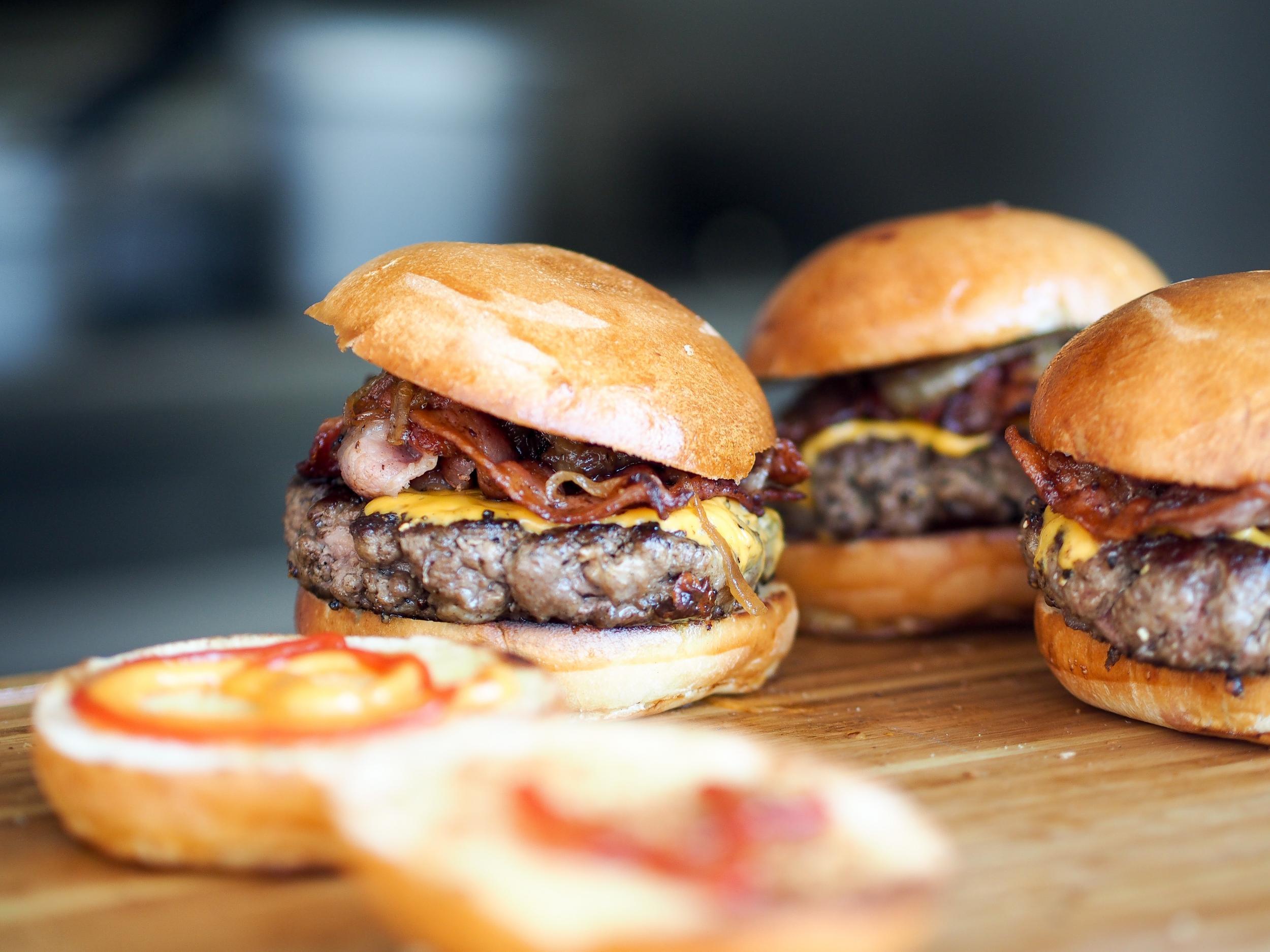Can you eat burgers rare? Beef patty questions answered
It's not the same as steak

Your support helps us to tell the story
From reproductive rights to climate change to Big Tech, The Independent is on the ground when the story is developing. Whether it's investigating the financials of Elon Musk's pro-Trump PAC or producing our latest documentary, 'The A Word', which shines a light on the American women fighting for reproductive rights, we know how important it is to parse out the facts from the messaging.
At such a critical moment in US history, we need reporters on the ground. Your donation allows us to keep sending journalists to speak to both sides of the story.
The Independent is trusted by Americans across the entire political spectrum. And unlike many other quality news outlets, we choose not to lock Americans out of our reporting and analysis with paywalls. We believe quality journalism should be available to everyone, paid for by those who can afford it.
Your support makes all the difference.Considering everyone knows you can eat rare steak, you'd be forgiven for thinking rare burgers are fine to eat too.
But this is in fact not the case.
According to experts, eating a burger that’s pink inside could lead to food poisoning or even be fatal.
The reason for this is that bacteria (salmonella, e-coli and campylobacter, for example) live on the outside of meats - when you sear a steak, this kills the bacteria. But as the meat is minced up in a burger, those bacteria could still be living on the inside.
Falko Molitor, General Manager of meat specialist restaurant Smith & Wollensky explained to The Independent that you can eat rare burgers, “but if harmful bacteria is present in the middle of the burger which hasn’t been cooked it may survive and make you ill.”
That’s why it’s crucial to fully cook through a burger.
Beef is largely considered safe, but if a chef touched some bacteria before handling your burger and didn’t cook it through properly, you could be in trouble.
According to the Food Standards Agency (FSA), you should cook burgers until steaming hot all the way through, until no pink meat remains and the juices run clear.
If you have a food thermometer, you can test the middle of the burger - it should reach 70°C for two minutes.
Cases of food poisoning double over the summer months, which is partly due to undercooked meats at barbecues.
When eating out, you may be OK to order a rarer burger though.
The reason for this is that some restaurants can put strict controls on their meat from the start of the process to the end, in order to prevent contamination. This isn’t the case with supermarket or butchers’ meat though.
But even in restaurants with strict controls there can still be risks, particularly for young people or anyone more vulnerable to food poisoning, such as the elderly, pregnant women and people with a weakened immune system.
The FSA advise these people only ever eat burgers that are thoroughly cooked all the way through.
Join our commenting forum
Join thought-provoking conversations, follow other Independent readers and see their replies
Comments